
In its essence clean beauty simply means avoiding the proven or suspected harmful chemicals and preservatives in formulations. But why stop there, at Conscious Chemist we ensure that our activities remain as clean as possible from the start to the end of supply chain. We believe that clean beauty should not be just about using the best ingredients but they should also minimise our carbon impact, striving towards the goal of net positive.
That's why our products are sulphate-free, paraben-free and suitable for all skin types. In general the beauty industry is notorious for using harsh chemicals and non-degradable compounds. As much as 70 % of the waste generated by the beauty industry is not recyclable and ends up in landfills.
The journey to becoming a conscientious consumer starts from questioning what lies inside those shiny glimmering bottles on glistening bright illuminated shelves.
Two of the most agreed upon harmful but commonly used baddies are sodium lauryl sulphate (SLS) and parabens.
Many who have sulphates allergy can be prone to skin irritation, and presence of SLS beyond a certain level is toxic. SLS has been known to cause irritation of the skin and parabens are linked to hormone manipulation and are deemed as carcinogens by most industry experts. It is recommended that if you face any sort of irritation from your products, you switch over to a gentle face wash or other milder skincare product.
However, there are a countless number of chemicals and additives which are often linked to skin problems. What is a natural face cleanser? Is it something free of chemicals or essential oils or is it the one which has as few ingredients as possible.
Are chemicals bad for you?
Not all chemicals are bad and you need not be afraid of them, we as consumers often get distracted by marketing campaigns which shame brands for containing chemicals and acids. The truth is chemicals can pave a strong foundation of a product or it can completely ruin it depending on which of them are used and how much of them are used.
In fact, our own skin relies on a protective barrier called acid mantle to protect against harmful bacteria and viruses. Your products must contain chemicals which do not degrade the acid mantle but complement it. Hyaluronic acid is the go-to acid when it comes to retaining the moisture of the skin, Salicylic is good for correcting acne and skin breakout but not suitable for sensitive skin while butylated hydroxytoluene (BHT) is toxic.
The effect of ingredients varies on skin types; however toxic quantity of acids should be avoided at all costs. Clean beauty is complicated but it does not have to be. Fragrances which are not well researched especially of lab origin can degrade your experience with the product, in the worst case can cause breakouts and allergies.
You want to make a switch to clean beauty, should you consult a dermatologist?
Yes! It is always a good idea to get an expert opinion but switching to clean beauty is more about making informed decisions when it comes to buying products. Look out for ingredients such a phthalates or parabens and embrace those scary-sounding chemicals which are actually good. Switching to clean beauty means to make a conscious choice to nurse your skin and the sustenance of the environment.

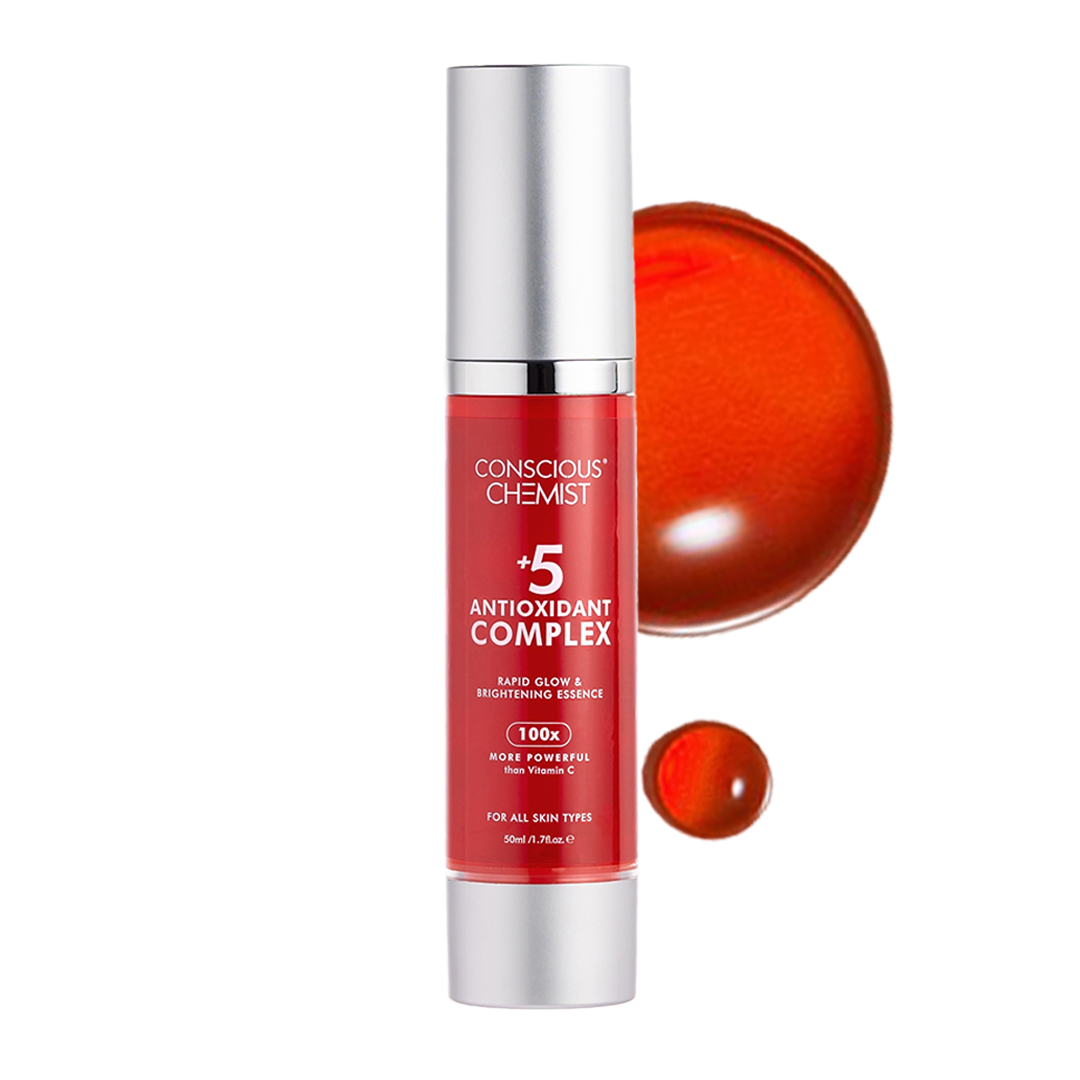
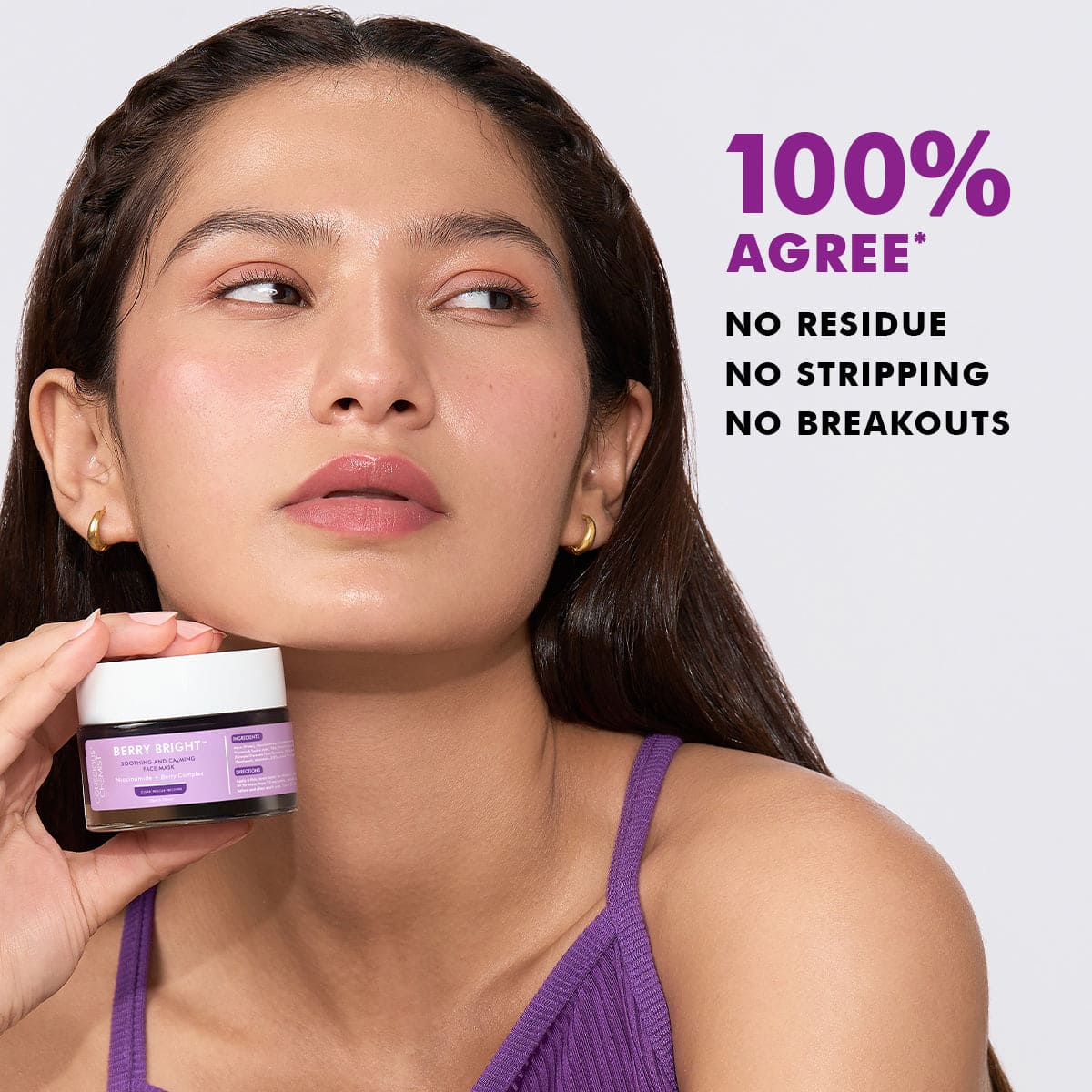
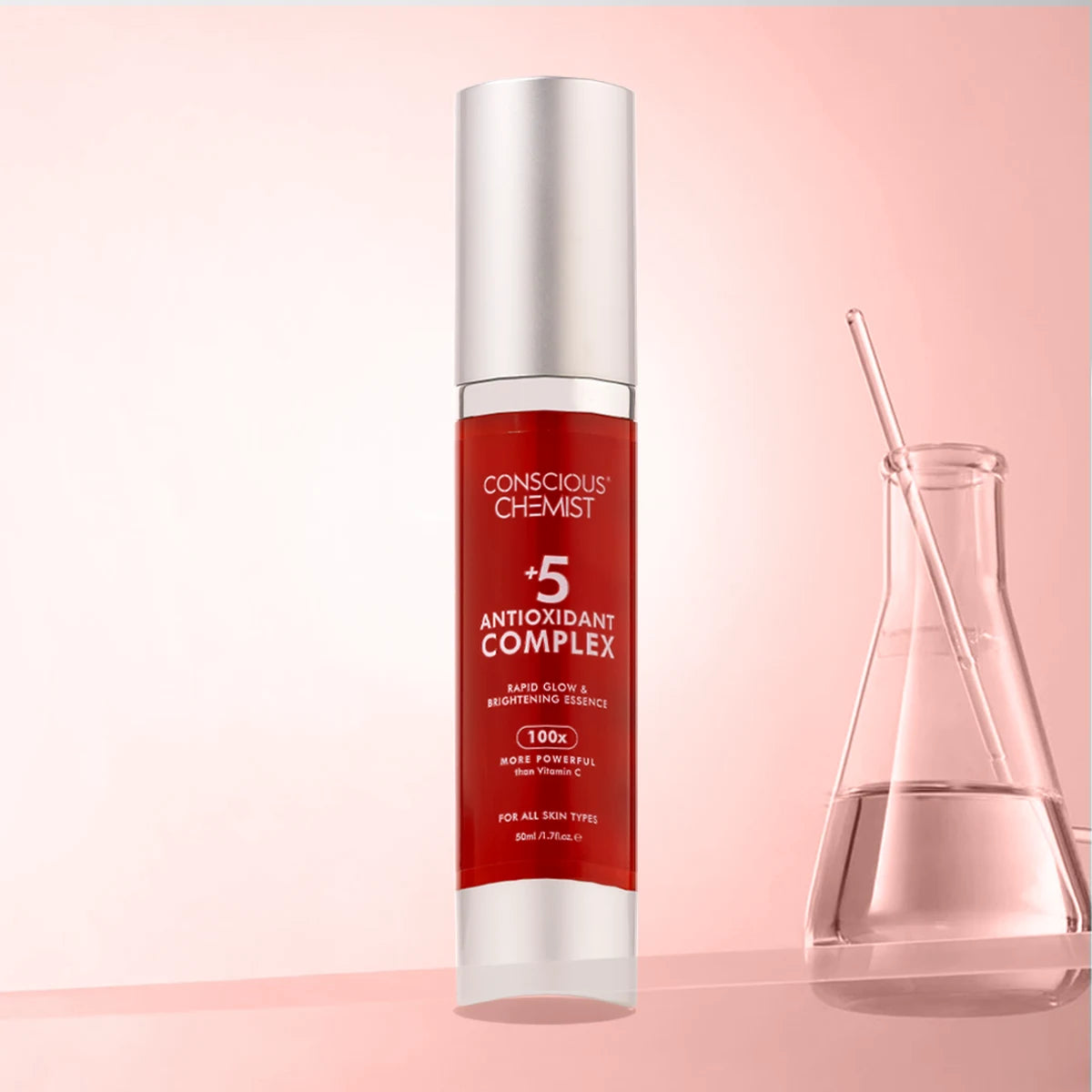
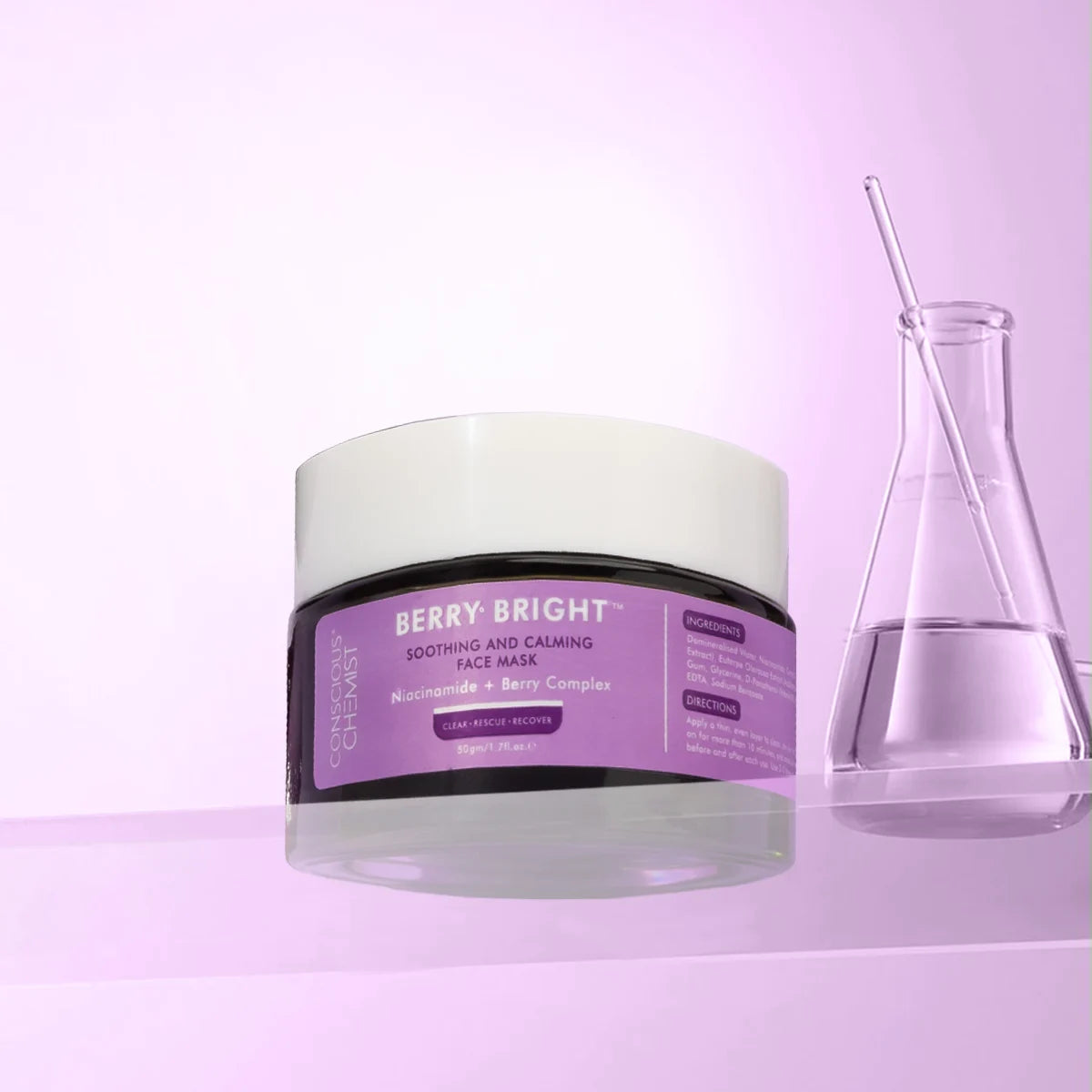

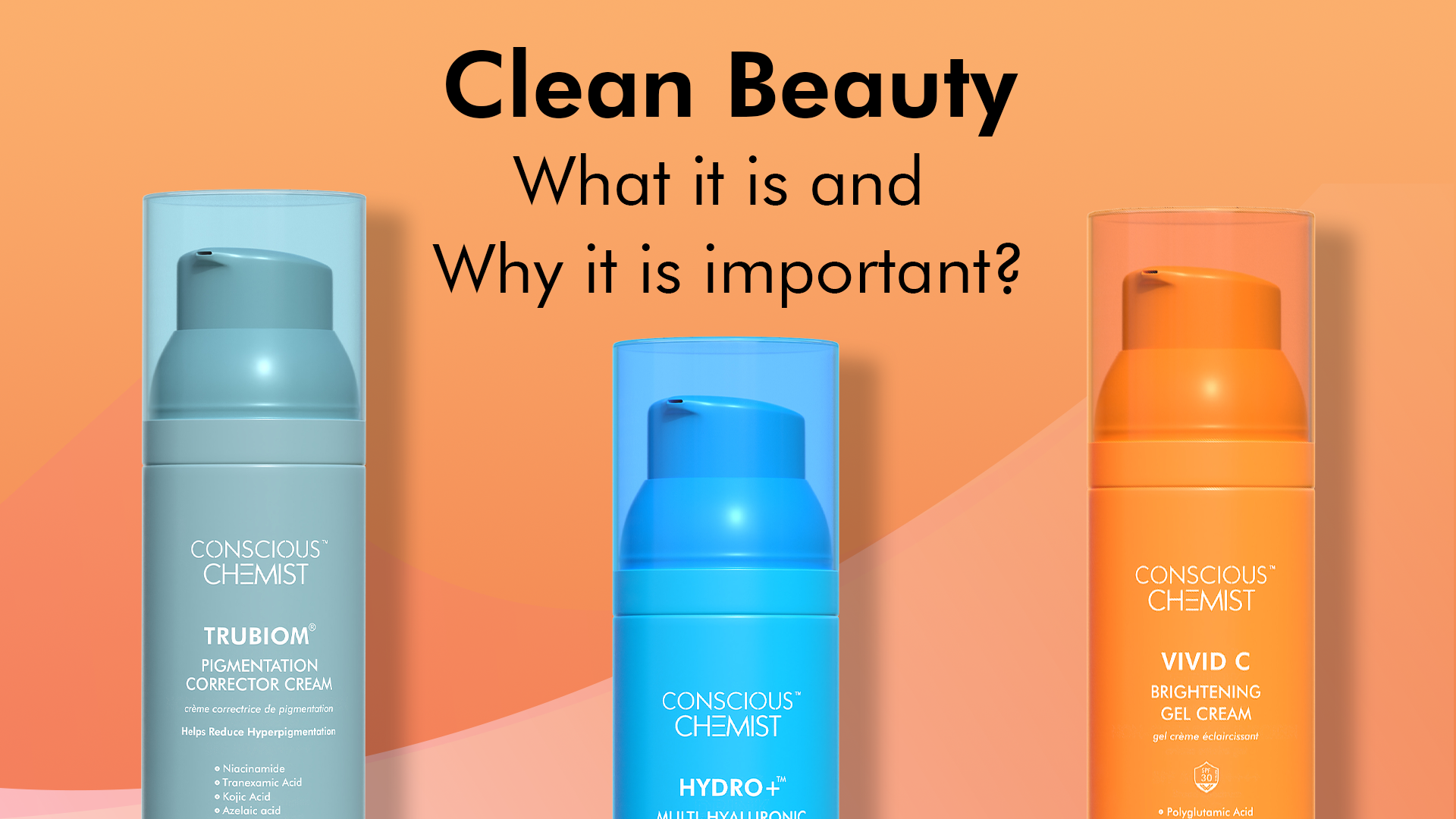
The Truth About DIY Skincare: 7 DIY tips to avoid
Preservatives: The good, the bad and the nasty